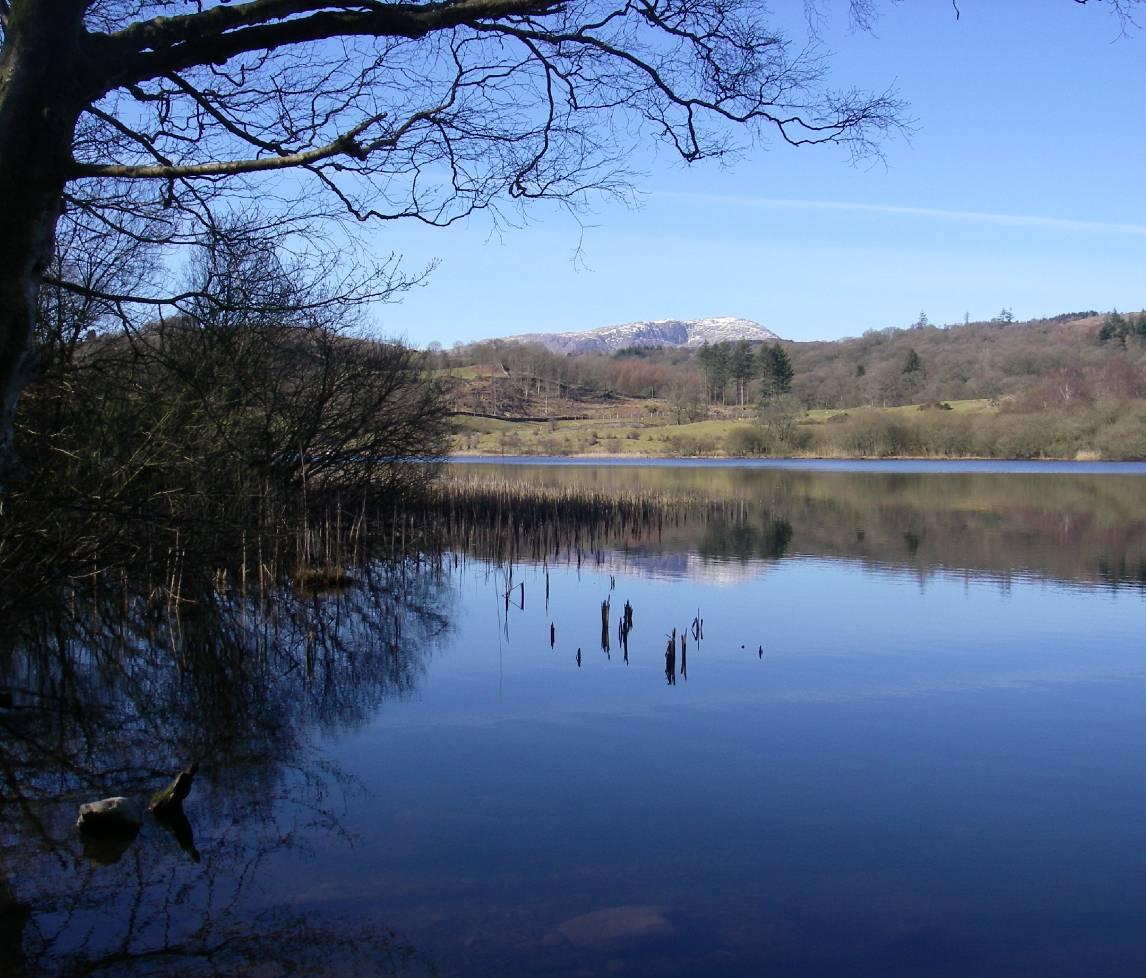Science challenge
Cumbria is home to a World Heritage Site and one of the major lake districts in the UK. The lakes are a defining feature of the landscape, and provide recreational, aesthetic and cultural services that underpin a large tourist industry. Lake ecosystems are extremely sensitive to environmental stressors operating at global, regional and local scales and, as such, are important ‘sentinels’ of environmental change. Lakes are also excellent systems to develop and test ecological theories.
Only through regular monitoring can we distinguish day-to-day, month-to-month, and year-to-year variation from decadal-scale directional change, and provide insights into underlying causes. Our work on these lakes has revealed clear long-term signals of warming, and the introduction of new species. This work also contributes to global climate change assessments, and international collaborations on lake ecology. Our data contributes to the science underpinning the EU Water Framework Directive, the legal framework for the wise management of European lakes.
Project summary
The Cumbrian Lakes monitoring is currently undertaken by UKCEH, having been started by the Freshwater Biological Association (FBA) in 1945 and continued by UKCEH predecessor organisations since 1989. The long-term record for these lakes is the most comprehensive of any in the world. Currently, four lake basins (North and South basins of Windermere, Esthwaite Water, Blelham Tarn) are visited every fortnight and a range of physical, chemical and biological variables are recorded. These lakes also have automatic water quality monitoring stations that deliver high-resolution data on short term changes in the lake environment. Specifically, we gather data on:
- Physical conditions: water temperature, transparency, above-water meteorology
- Chemical conditions: pH, alkalinity, concentrations of oxygen and nutrients (phosphorus, nitrogen and silica)
- Freshwater species: phyto- and zooplankton and (for Windermere) fish populations

